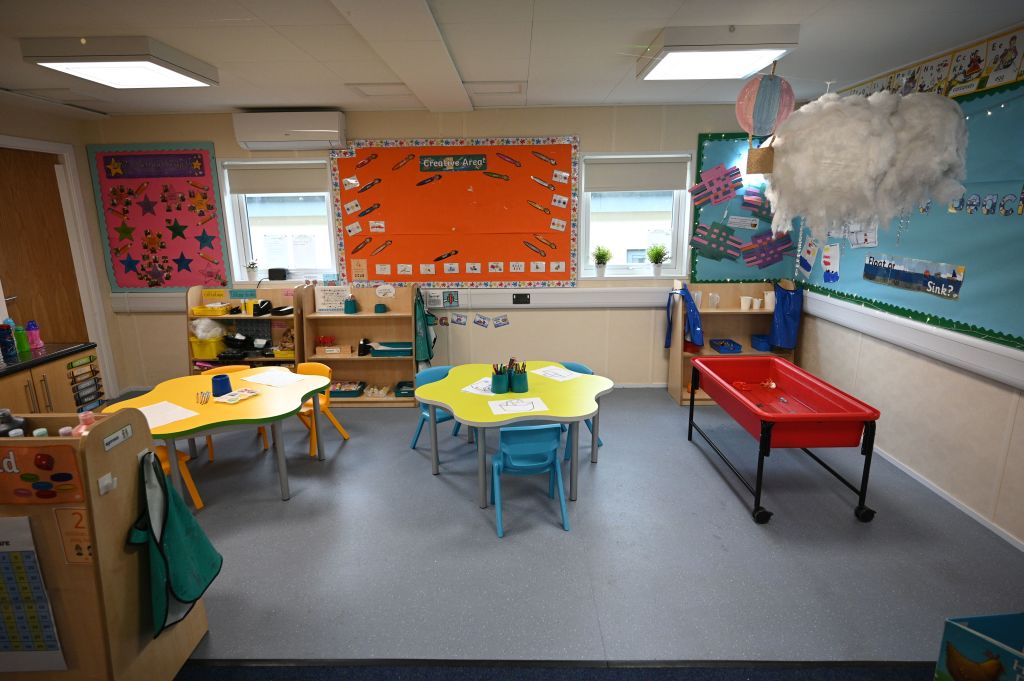When we try to take stock of government choices that have made the Covid-19 epidemic so much more harmful than it need have been, it is hard to know what item will top the list.
The failure, shared by leaders worldwide, to keep infected people from entering the country and spreading the disease when the epidemic was still confined to the Far East? The carnage in care homes? The wanton undermining of the economy through an unnecessarily protracted lockdown supported by unaffordable state aid?
Education, however, will probably figure, if at all, a long way down the list, because the effects of the failures in school and examination policy are almost invisible – no excess deaths, no direct redundancies or bankruptcies. Yet these unseen effects may well represent the greatest loss of all.
The collateral damage alone is serious enough: millions of parents unable to carry on with their work, abused and vulnerable children left without support, children without the social life, routine and need to accommodate others which trains them to be proper members of society. But it is the central damage which is gravest. From 5 to 18 all but the smallest percentage of pupils at the best independent schools will have lost between three months and half a year of their schooling. To be deprived of education is incommensurably worse a loss than all these others.
Of all that our state offers its citizens, education is most precious. Healthcare and economic support may enable humans to survive; education lets them live worthwhile human lives. Children and young people will indeed resume their classes eventually – though, we are told, perhaps not even in the autumn. But the loss is more than a mere percentage (about 5 per cent) of teaching foregone. Continuity, too, is important and so is the habit of study. The education offered to most pupils in England is far from ideal, but for everyone at school this year it will be significantly worse.
Examinations are an important part of education policy, and here the choices made, apparently with the government’s blessing, have been even poorer than those made by the schools themselves. It was precipitately decided to abandon GCSEs and A-levels and rely on teacher assessments instead. The result, in the best case, is that two cohorts will, through no fault of their own, have examination grades that employers and universities should not take very seriously. There may even be four such cohorts (GCSE and A-level candidates for 2020 and 2021), since it is easy to anticipate the calls for teacher assessments to be continued next year, because candidates’ preparation will have been so disturbed.
The worst case, however – and unfortunately, perhaps the most likely one – is that traditional, written, externally set, marked and moderated public examinations will disappear for ever. They already seem anachronistic because they judge candidates’ performances neutrally, irrespective of their sex, sexuality, ethnicity and economic circumstances, and allow, at least to some extent, those who are more intelligent and work harder to excel. Many would be happy if Covid-19 and its disruptions provide an excuse to do away with them.
The government might reply to such criticisms that it has closed schools and allowed examinations to be cancelled only because of the demands of public health. To do otherwise would be to risk tens of thousands more deaths. This would be a very weak, reply, however, for both practical and scientific reasons, and on grounds of principle. Scientists, who differ about almost everything else to do with Covid-19, are agreed that, a few identifiable special cases aside, people between 5 and 18 years-old run a negligible risk of having the illness in a serious, let alone life-threatening, form. There is also no clear evidence about whether, and to what extent, having schools open would increase transmission of the disease more generally, and some reason to think that younger children do not contribute much to spreading it.
It is debatable whether all the precautions now being taken in primary schools are necessary, but practical steps could be taken to open schools to all pupils, even following these rigorous and extreme social distancing rules: it is just a matter of logistics and imagination – making use of vacant spaces, moving lessons outside, staggering timetables, teaching more in smaller groups.
It would be right to reopen schools, and it would have been right to plan and hold public examinations. We have, unfortunately, a government governed, not by statistics and scientific advice, but by the particular interpretations put on them by officials who are often more concerned about protecting their positions and increasing their power. Our rulers lack a compass, by which they could choose to act in the right way rather than setting certain narrow goals and then calculating the means to reach them. Denying education to millions should simply never have been countenanced.
John Marenbon is a Fellow of Trinity College, Cambridge. This article appears in Politeia’s Back to School! Preparation, Not Cancellation






Comments